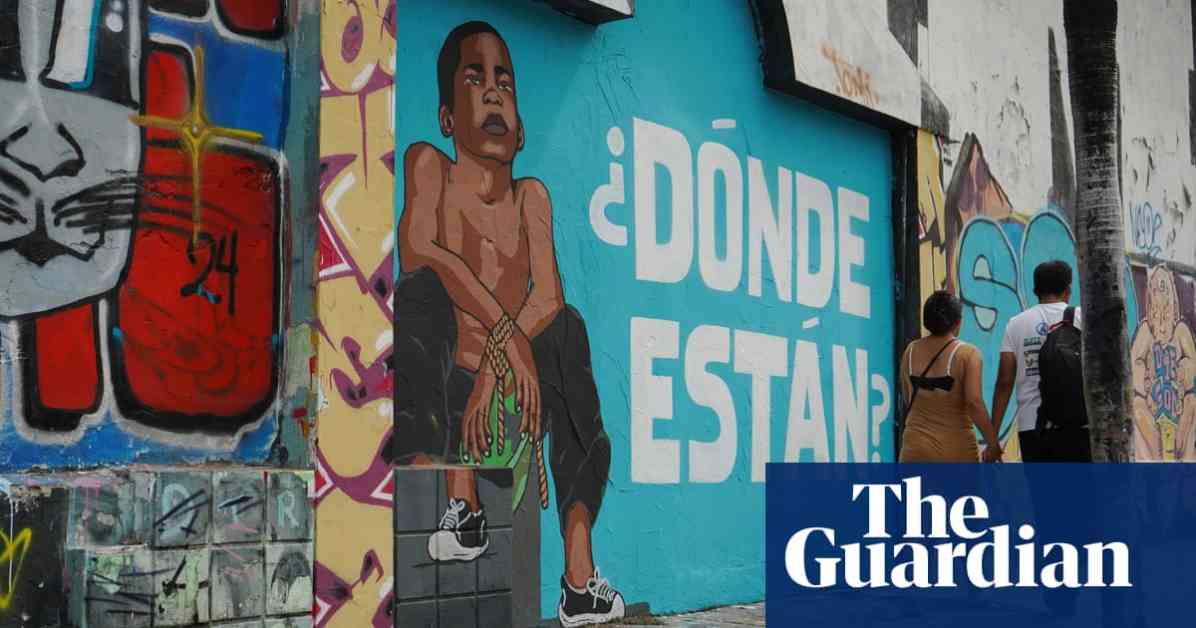President Noboa’s “War on Drugs” Faces Severe Challenge: The Case of the Missing ‘Guayaquil Four’
The disappearance of four young boys in Ecuador has sent shockwaves through the nation, posing a significant challenge to President Daniel Noboa’s aggressive stance on combating drug trafficking. These four boys, aged between 11 and 15, all residents of Las Malvinas, a poverty-stricken area in Guayaquil, went missing after an encounter with 16 air force soldiers on December 8th. The boys were last seen near their homes after a football game when they were approached by the armed forces. Since then, there has been no trace of them.
National Outcry and Protests
The case, known as ‘Los Cuatro de Guayaquil’ (the Guayaquil Four), has sparked national outrage and led to protests across Ecuador. The discovery of four incinerated bodies in the same region on Christmas Eve has raised concerns about the fate of these missing boys. Experts are currently working to determine if the remains belong to the boys.
Crisis of Human Rights Violations
As Ecuador grapples with rising crime rates and drug trafficking, President Noboa’s security measures have come under scrutiny. The disappearance of the ‘Guayaquil Four’ has become a focal point for critics of the government’s hardline policies. Human rights activists, including Billy Navarrete from the Permanent Committee for the Defence of Human Rights, have highlighted the recurring violations by state agents, particularly the military.
Families’ Desperate Search for Answers
The families of the missing boys have been tirelessly seeking answers and justice. Despite approaching the armed forces immediately after the disappearance, the case only gained national attention after widespread public outcry. The Ministry of Defence initially denied involvement but later admitted that the boys had been approached by the military.
Calls for Accountability
Citizens from various provinces have united in demanding the safe return of the boys and holding those responsible for their disappearance accountable. The public prosecutor is investigating whether the boys fell victim to the military or organized crime. While hopes of finding the boys alive are fading, the nation remains on edge, praying for a miracle.
Uriel Castillo Nazareno, the national coordinator of the Ecuadorian National Afro-Descendant Movement, expressed the sentiment of many when he said, “If the children are not alive, I don’t know what will happen in this country. The worst instincts of this society could emerge.” The families await answers as the investigation unfolds, hoping for closure and justice in a case that has shaken the nation.
